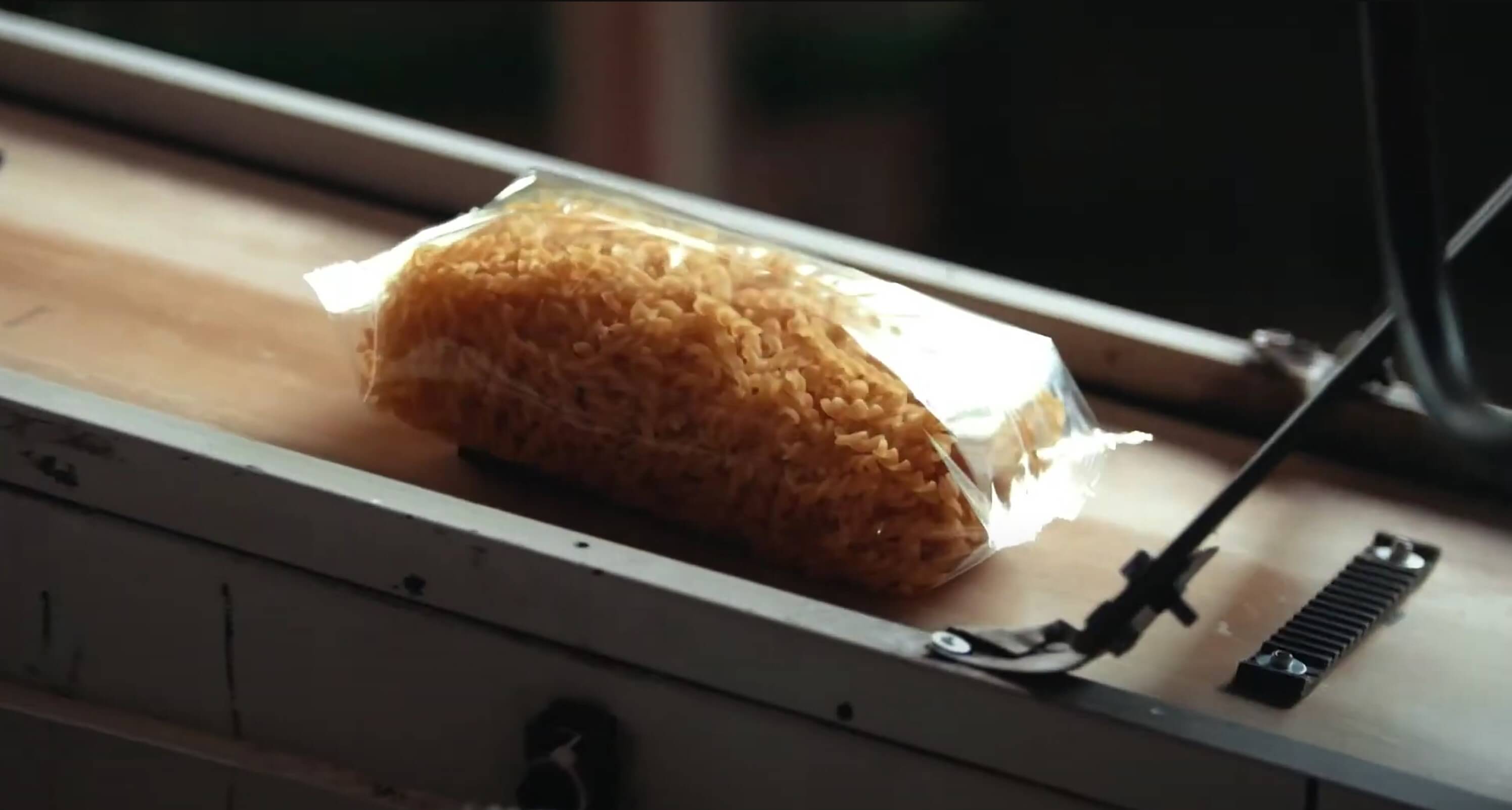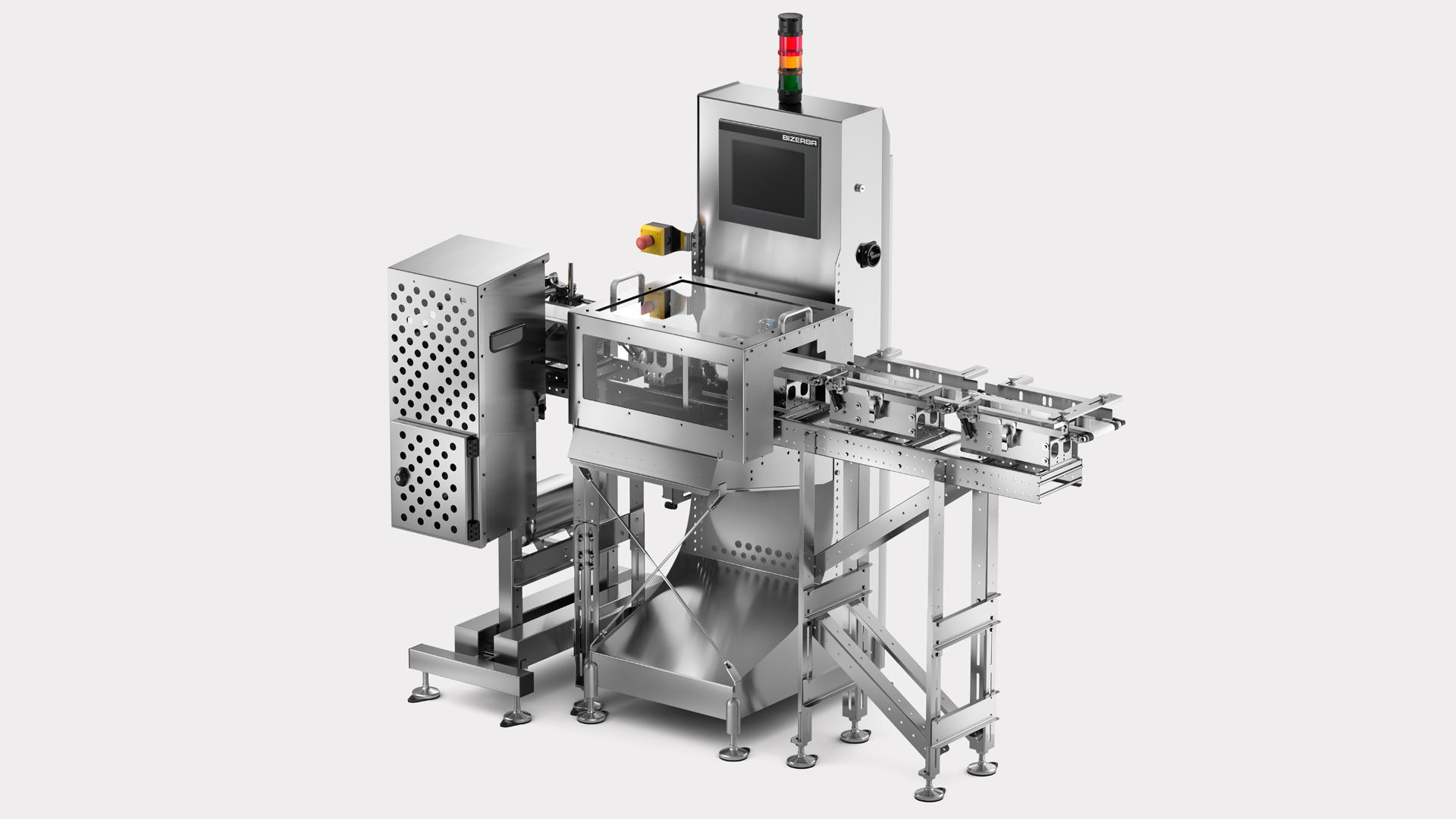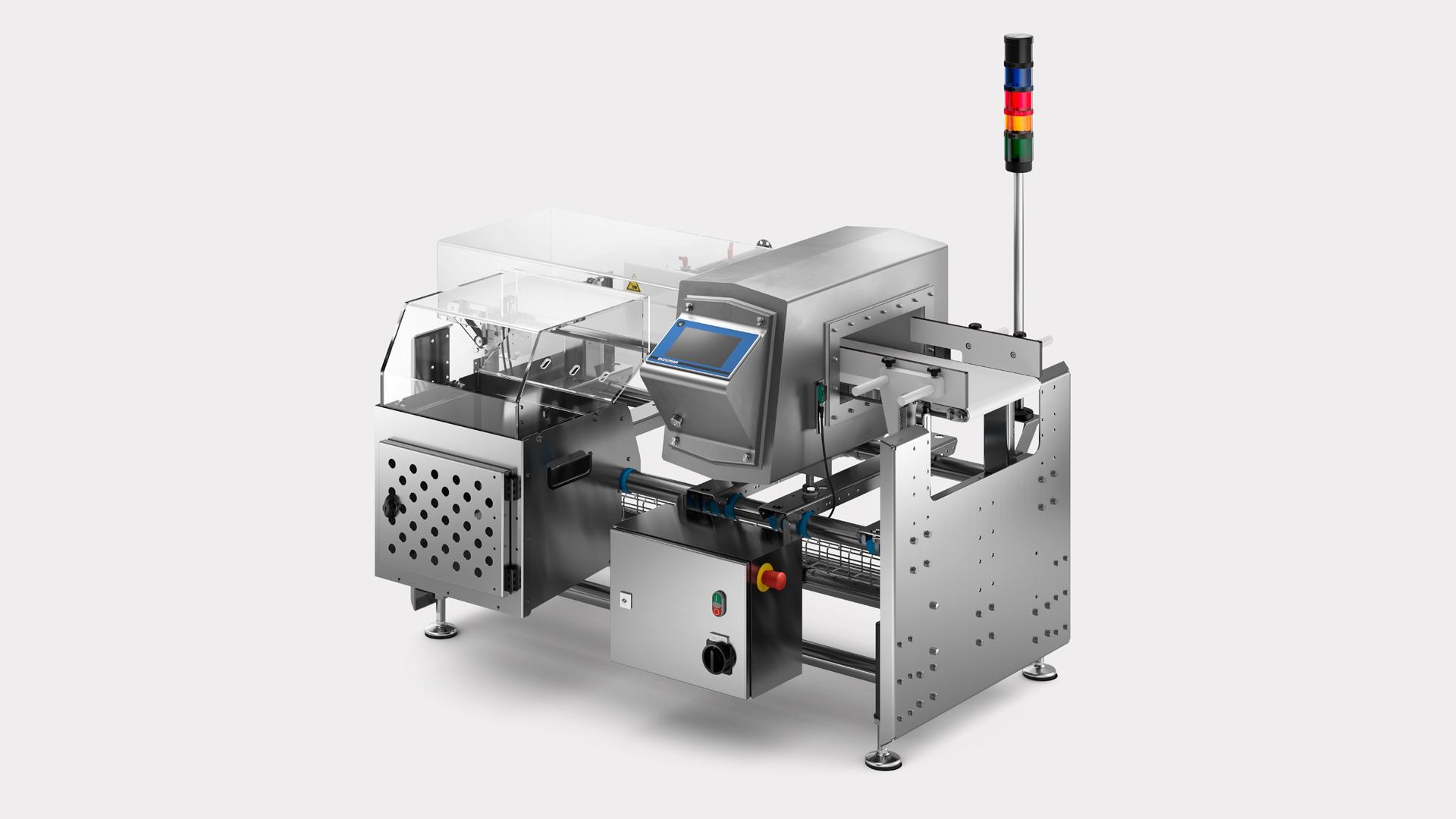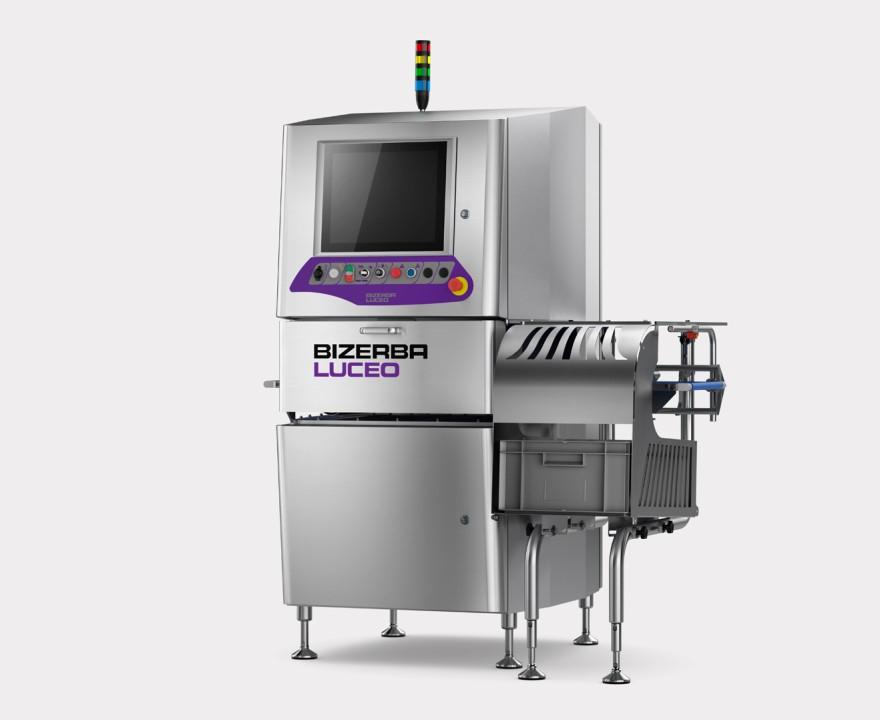Risks in dry goods manufacturing
Manufacturers of dry goods such as pasta, rice, lentils, and quinoa face the constant risk of selling defective products. These defects range from faulty pasta packaging to foreign objects in rice. Products with a very low degree of processing, such as rice, legumes or grains, are particularly susceptible. The consequences of such product defects are serious: loss of customers, partners and consumers, lost sales, contractual penalties and claims for damages.
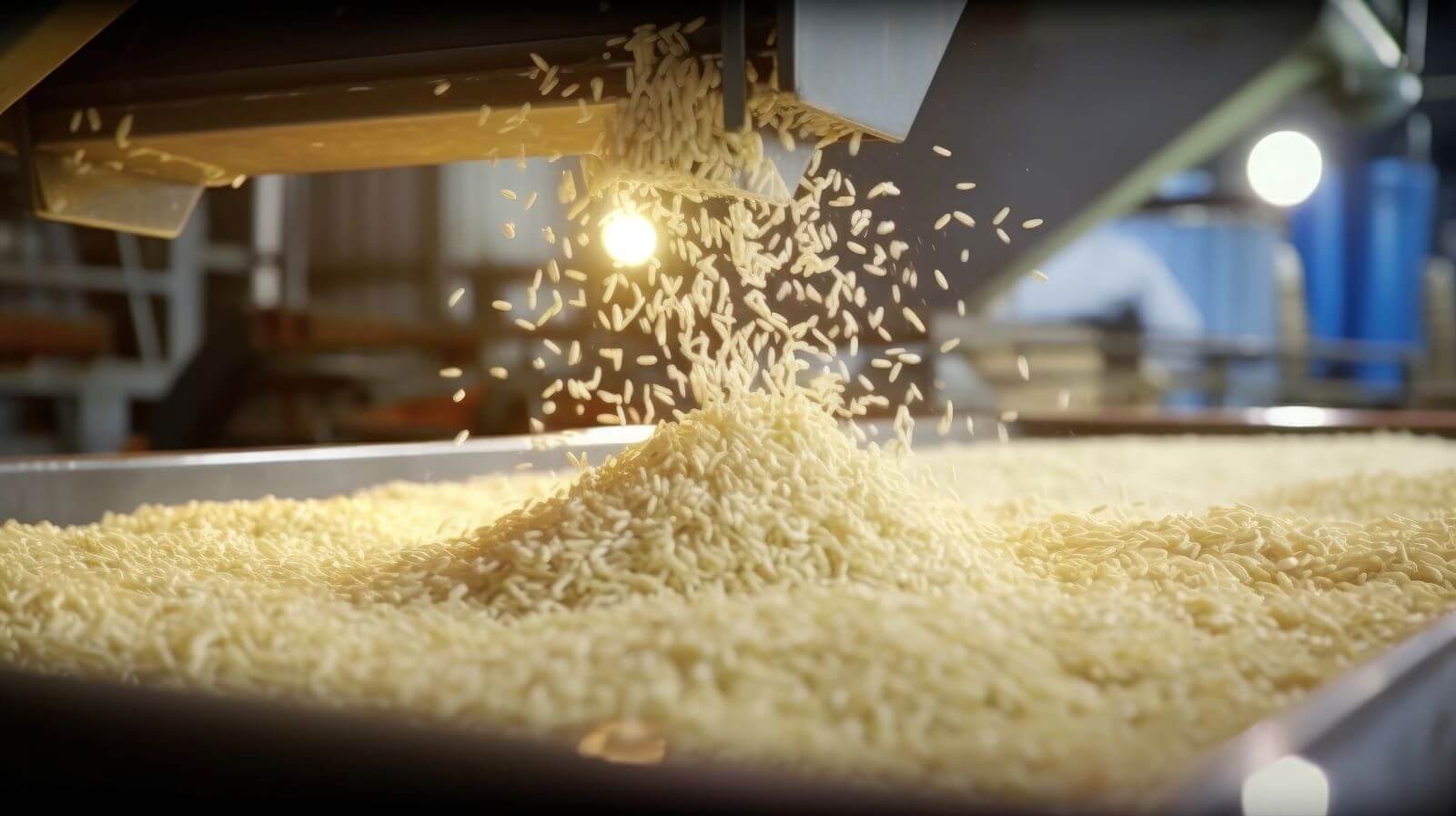
Preventing product defects
Product defects such as foreign object contamination can be particularly costly. Traditional spot checks are often insufficient. Modern solutions such as checkweighers, inspection systems, and ejection systems make it possible to automatically inspect every package for defects, ensuring safe and efficient production.
Man & Machine: Cobots can also provide a flexible solution to staffing shortages in end-of-line processes.
